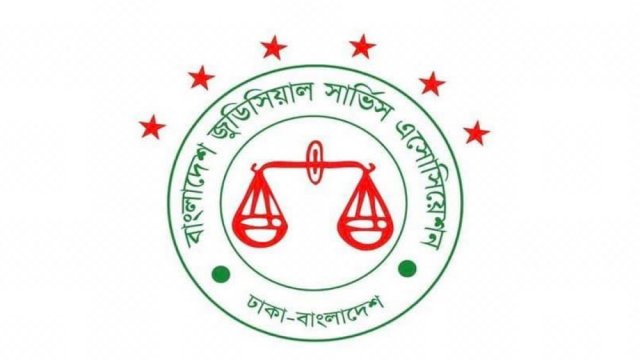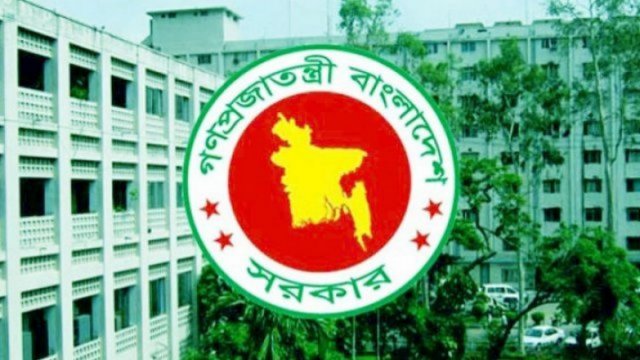The Bangladesh Judicial Service Association (BJSA) has expressed deep concern over the adoption of a resolution by the European Parliament on 14 September on “Human rights situation in Bangladesh, notably the case of Odhikar”.
Terming the resolution an attempt to interfere with the judicial proceedings of an independent sovereign country, the BJSA said, “It is unwanted and unwarranted.”
In a Sunday press release, send to the dainik amader barta, the BJSA also regrets and rejects the sweeping generalizations and abrupt condemnation of the judiciary of Bangladesh by the EU Parliament.
The press release was signed by the BJSA president A.H.M. Habibur Rahman Bhuiya and secretary general Md Majibur Rahman.
A criminal case was filed at the concerned Police Station on August 10, 2013 against Adilur Rahman Khan and ASM Nasiruddin Elan, under section 57 of the ICT Act, 2006 for spreading false and fabricated news. The Cyber Tribunal, Dhaka started the trial of this case on January 8, 2014. After a meticulous examination of all the witnesses and careful evaluation of documents submitted with the case, the Tribunal delivered its judgment on September 14, 2023, according to the press release.
The BJSA said, “It is important to note that the tribunal conducted the case impartially and diligently, relying solely on factual evidence and adhering strictly to the applicable laws. The verdict was rendered without any external influences, inducements, whether direct or indirect, from any source or for any other reason.”
It is imperative to emphasize that the Judiciary of Bangladesh operates with absolute independence, having been separated from the Executive since November 1, 2007. There is no intermingling of judicial proceedings and executive functions.
“We view the EU resolution as a blatant interference in our judicial functions and condemn it unequivocally,” the BJSA said.
“We find it paradoxical that, on one hand, the judiciary is criticized for its substantial backlog of cases, and yet, on the other hand, it is vilified for resolving a long-standing case through the due judicial process.”







